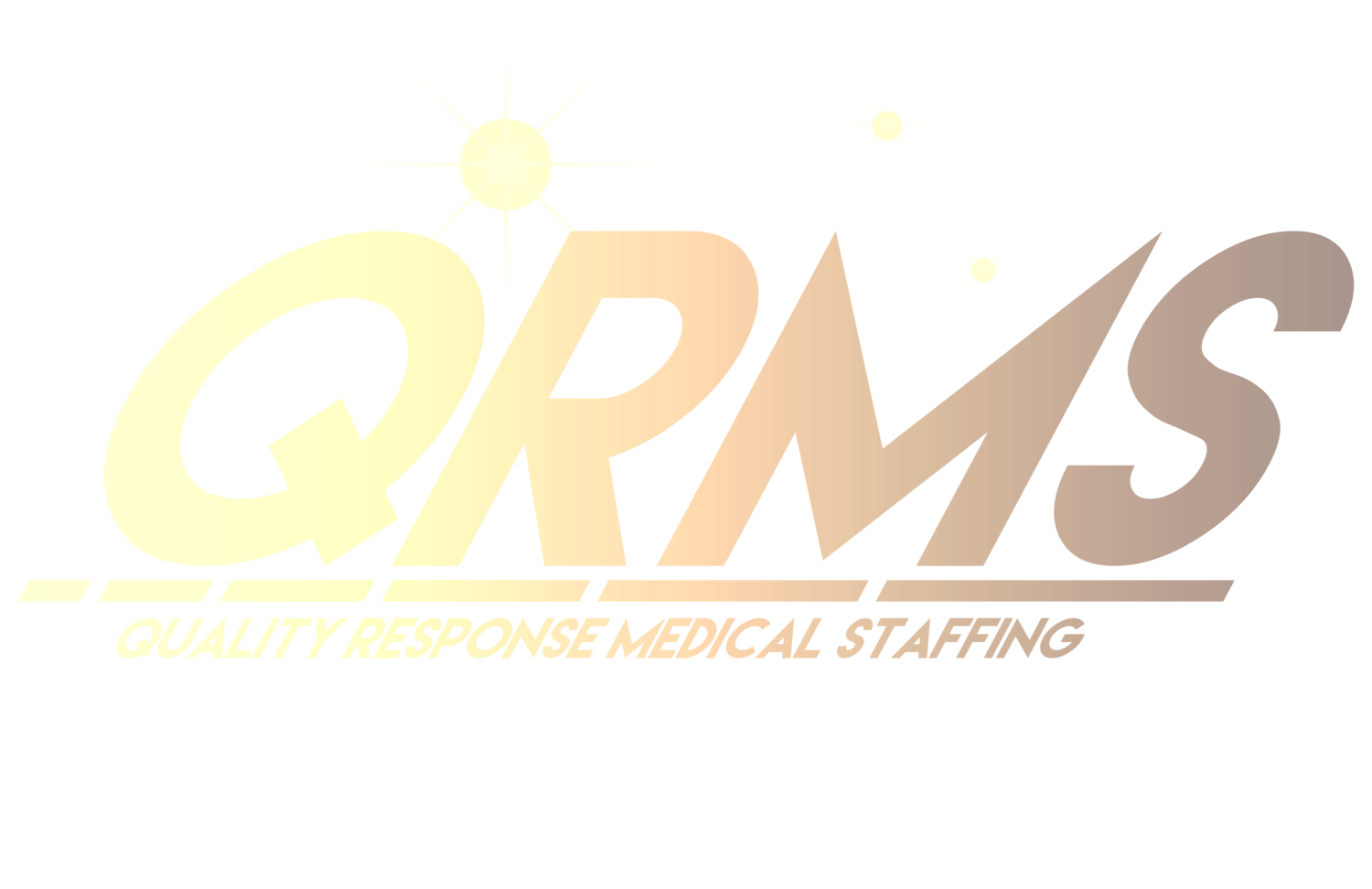Water Filters and Why You Should Use Them
Clean water is essential for sustaining life, yet it's a scarce resource in many parts of the world. Waterborne diseases like cholera, typhoid, and dysentery are rampant where access to clean water is limited. Even in developed countries, concerns about water quality persist due to pollutants and contaminants. In the quest for safe and potable water, water filters emerge as indispensable guardians of health and well-being.
The Need for Water Filtration:
Water is a universal solvent, capable of dissolving a wide range of substances. As it travels through soil and rocks, it picks up minerals, chemicals, and microbes, altering its composition. While some of these substances are harmless, others pose serious health risks. Industrial waste, agricultural runoff, and aging infrastructure can introduce toxins like lead, mercury, and pesticides into water supplies.
Water treatment facilities do an admirable job of removing many contaminants, but they aren't foolproof. Additionally, pipes and plumbing systems can introduce impurities into water as it travels to our taps. Therefore, a final line of defense is often necessary to ensure water is safe for consumption.
Enter Water Filters:
Water filters are devices designed to remove impurities from water, making it safe and palatable. They function through various mechanisms, including physical filtration, chemical adsorption, and biological processes. Here are some common types of water filters:
Activated Carbon Filters: These filters use activated carbon, which has a large surface area, to adsorb impurities like chlorine, volatile organic compounds (VOCs), and some heavy metals. They are often found in pitcher-style filters and under-sink filtration systems.
Reverse Osmosis Systems: Reverse osmosis (RO) systems use a semipermeable membrane to remove a wide range of contaminants, including bacteria, viruses, fluoride, arsenic, and dissolved solids. They are highly effective but may produce wastewater in the process.
UV Filters: UV filters use ultraviolet light to disinfect water by destroying the DNA of microorganisms like bacteria and viruses. They are commonly used in conjunction with other filtration methods to provide additional microbial protection.
Ceramic Filters: Ceramic filters work through physical filtration, trapping contaminants as water passes through small pores in the ceramic material. They are effective against bacteria, protozoa, and larger particles but may require regular cleaning to maintain efficiency.
Ion Exchange Filters: These filters remove contaminants by exchanging ions with undesirable substances in the water. They are particularly effective at softening hard water by removing calcium and magnesium ions.
Choosing the Right Water Filter:
Selecting the appropriate water filter depends on factors such as water quality, budget, and specific contaminant concerns. Before purchasing a water filter, it's essential to:
Conduct a water quality test to identify contaminants present in your water.
Determine the flow rate and capacity needed to meet your household's requirements.
Consider maintenance requirements, including filter replacement and system cleaning.
Evaluate the cost-effectiveness of different filtration options over the long term.
The Benefits of Clean Water:
Investing in a water filter offers numerous benefits beyond safeguarding health:
Improved Taste and Odor: Water filters can enhance the taste and odor of water by removing chlorine and other unpleasant-tasting substances.
Reduced Environmental Impact: By opting for filtered tap water over bottled water, individuals can reduce plastic waste and carbon emissions associated with production and transportation.
Cost Savings: While the initial investment in a water filter may seem significant, it can lead to long-term cost savings compared to purchasing bottled water or relying on bottled water delivery services.
Peace of Mind: Knowing that your household has access to clean, safe water can provide peace of mind and alleviate concerns about waterborne contaminants.
Takeaway:
Water filters play a crucial role in ensuring access to clean and safe drinking water for households worldwide. From removing harmful chemicals to eliminating microbial contaminants, these devices provide a final barrier against impurities that may compromise health and well-being. By understanding the different types of water filters available and selecting the most suitable option, individuals can take proactive steps towards maintaining water quality and promoting overall health.
In a world where access to clean water remains a pressing issue, water filters serve as champions of public health, empowering communities to unlock the life-sustaining power of this precious resource.

